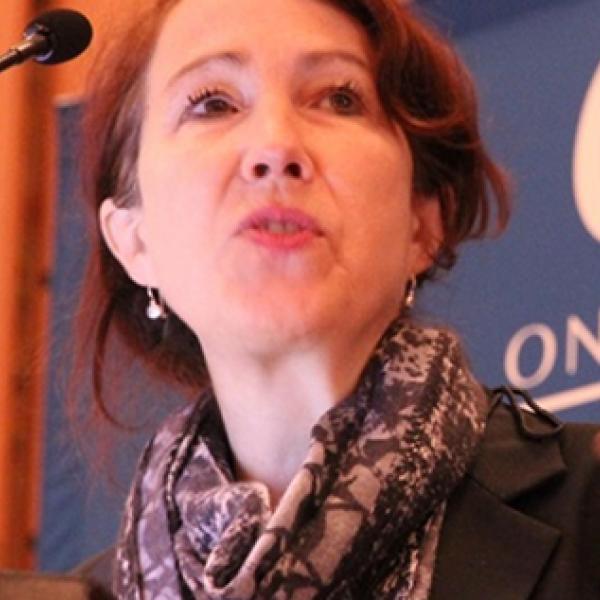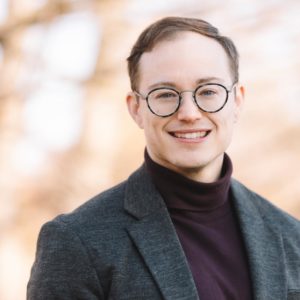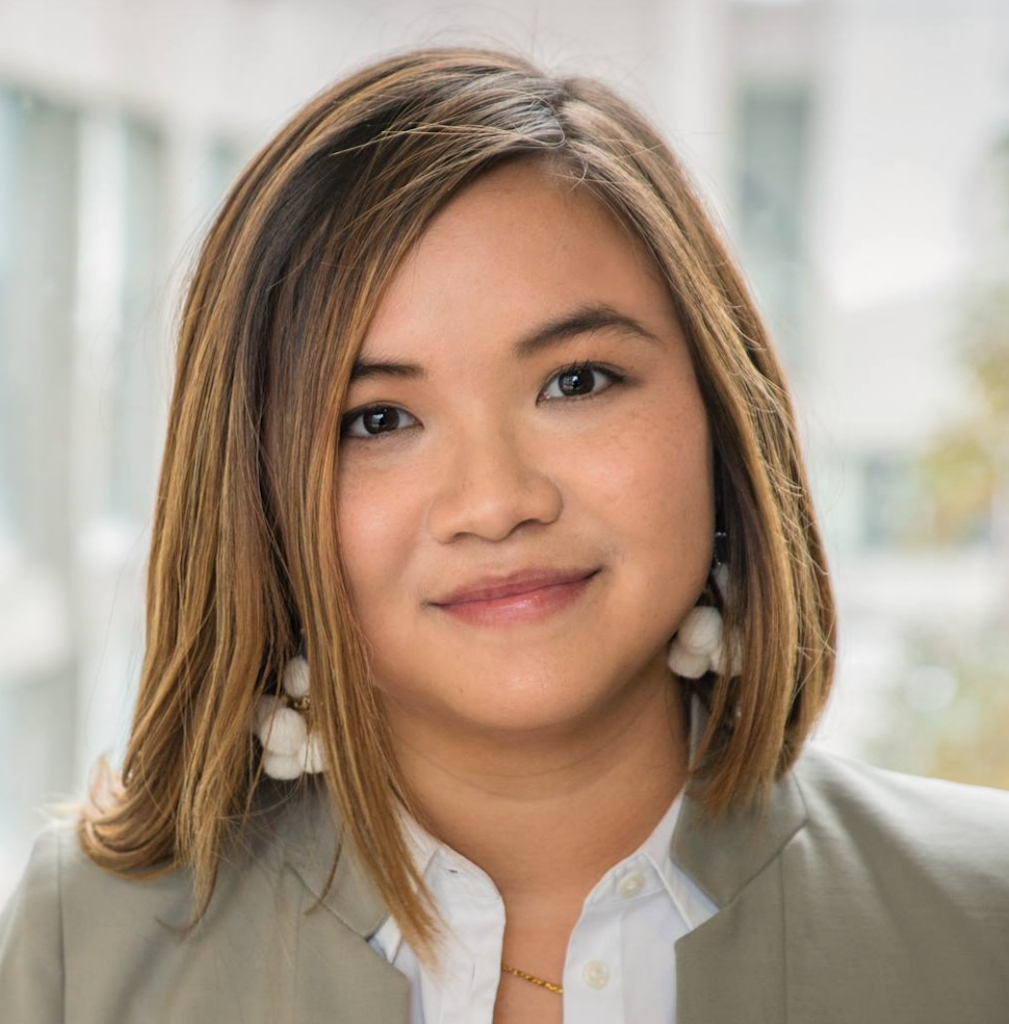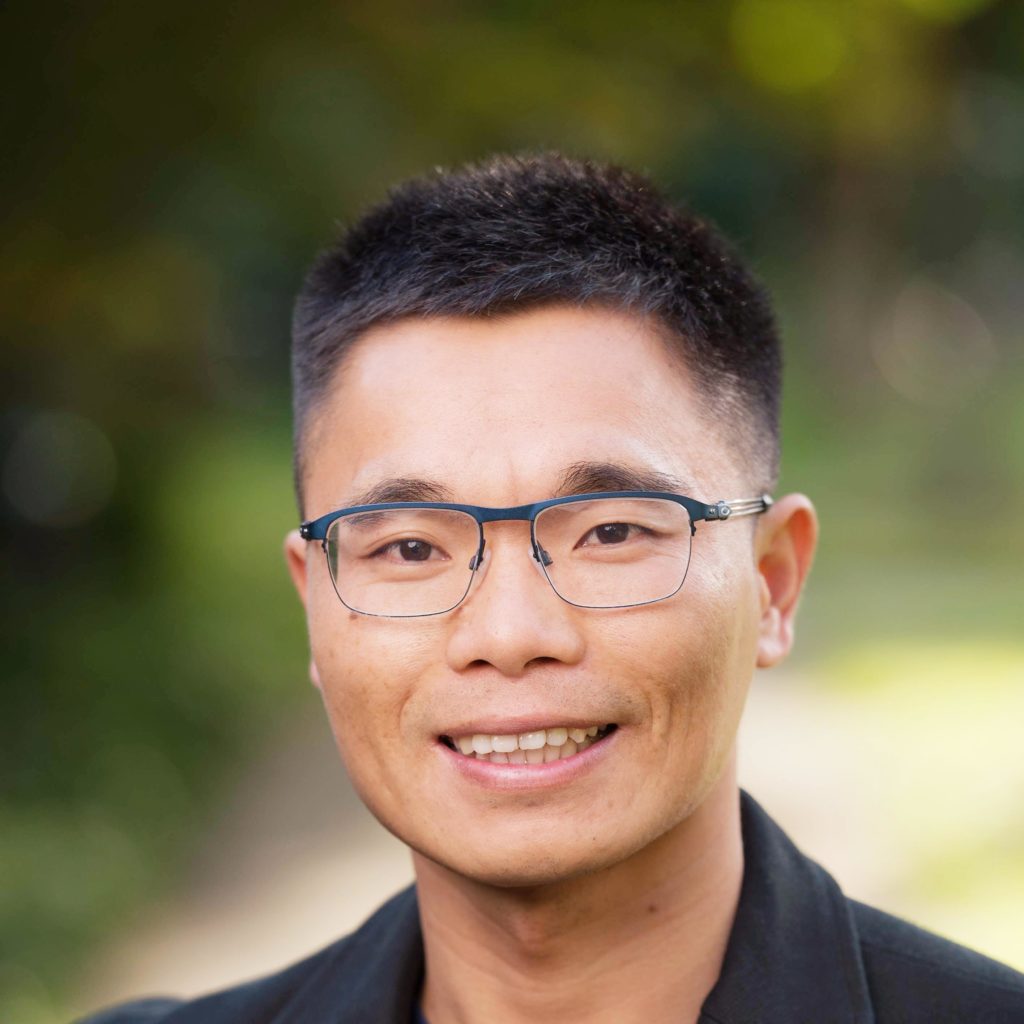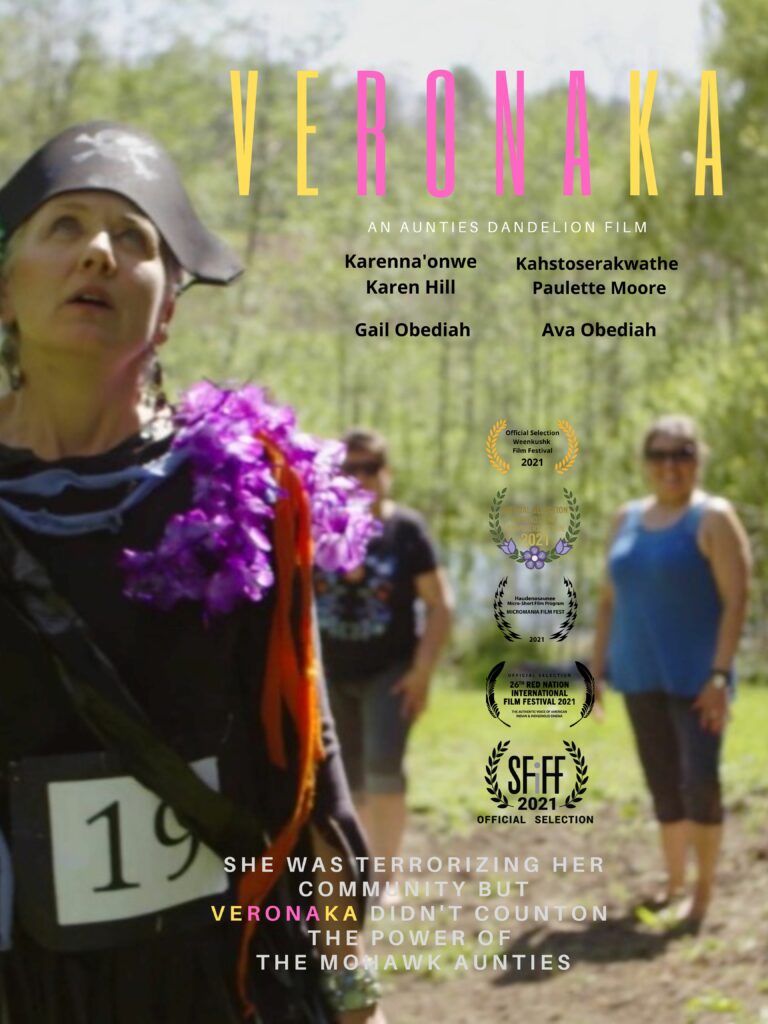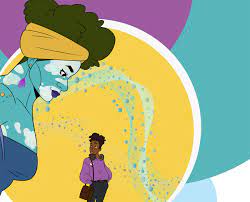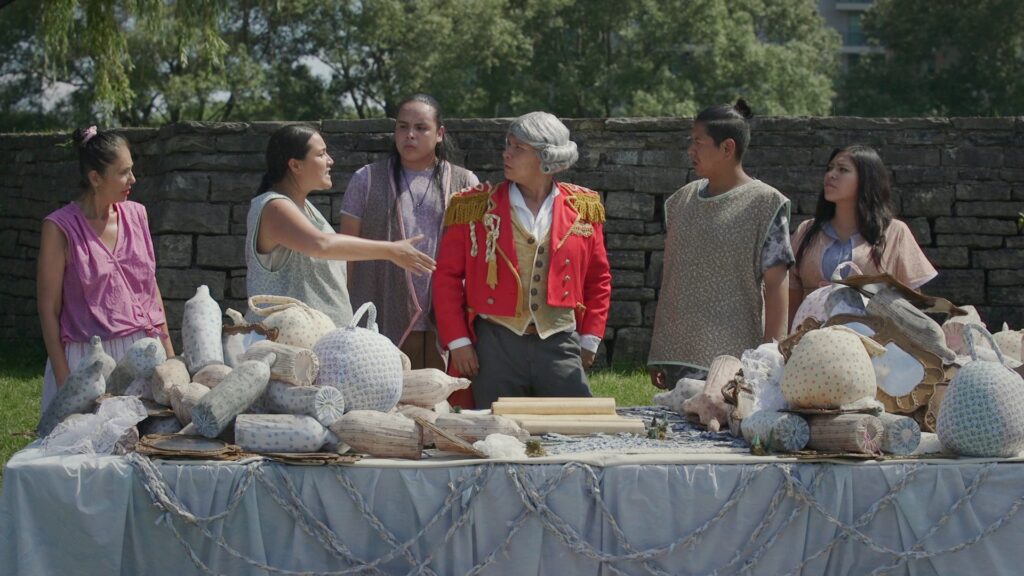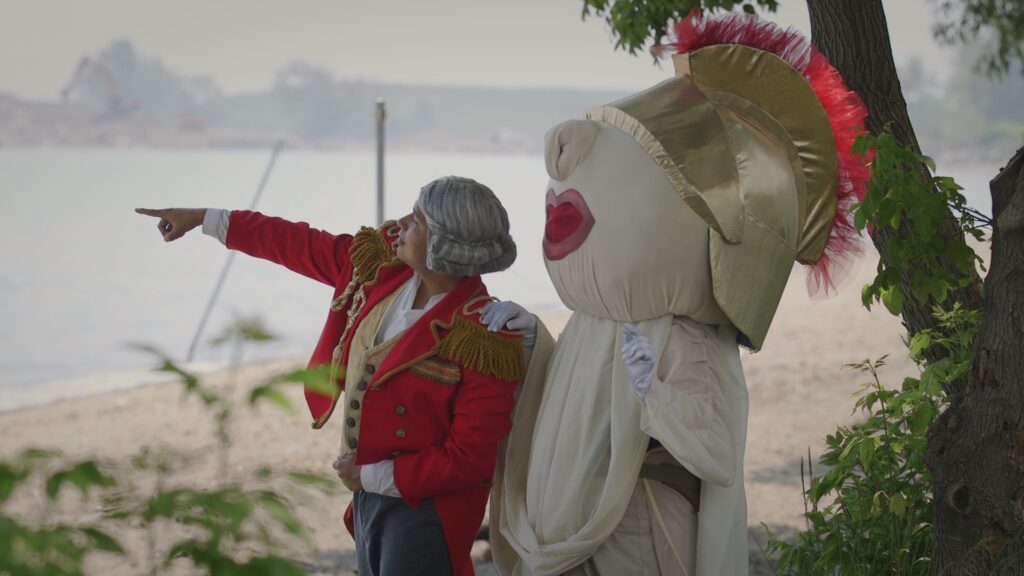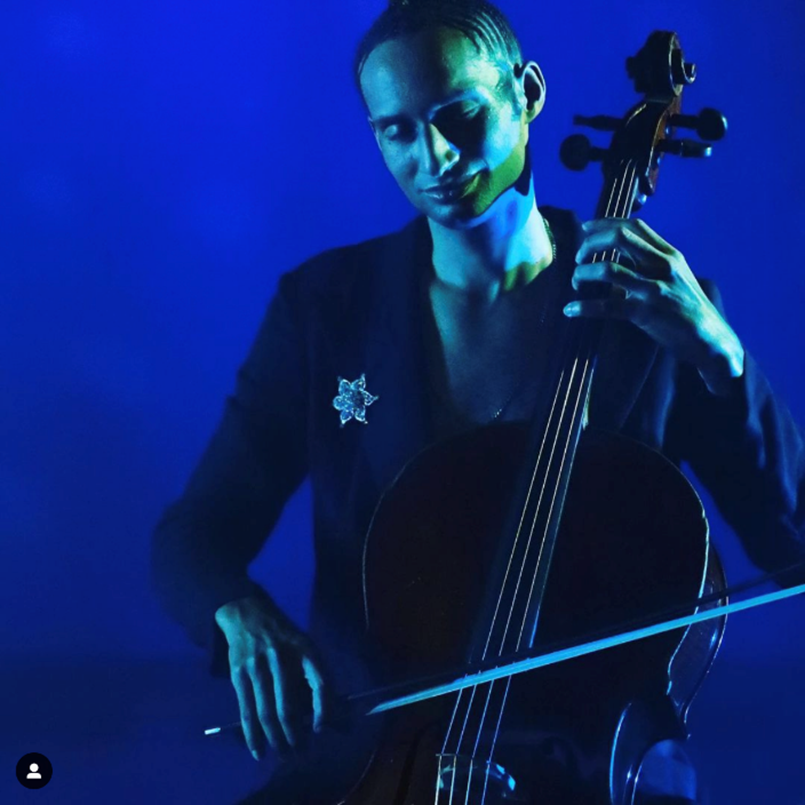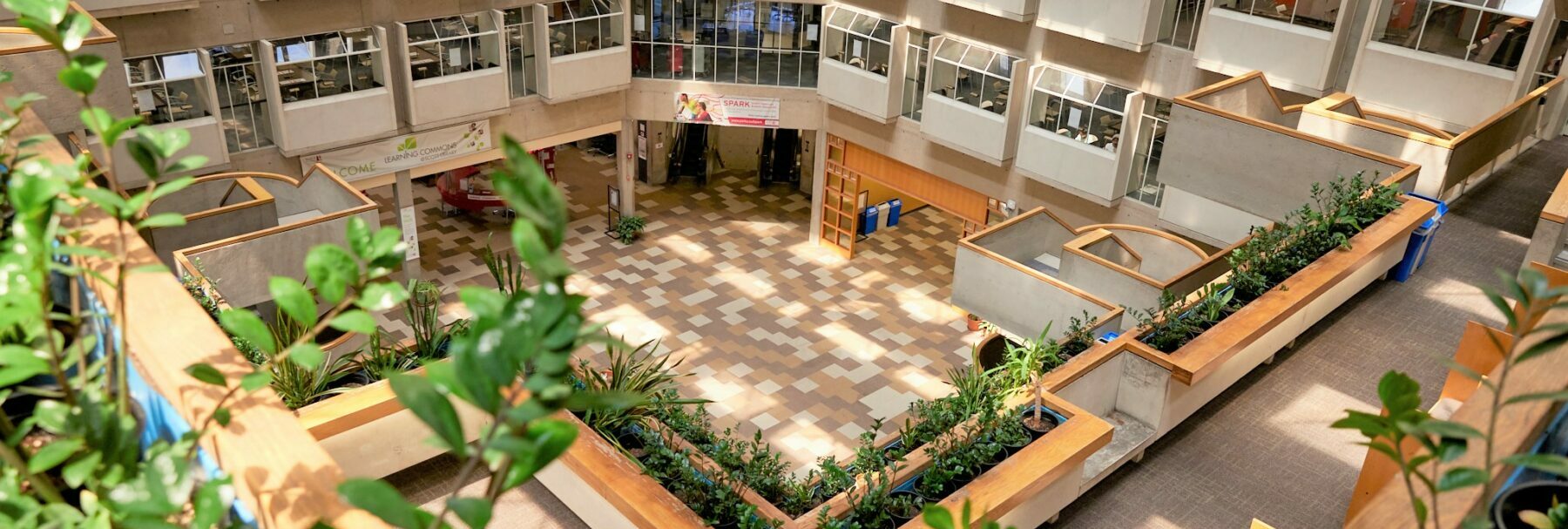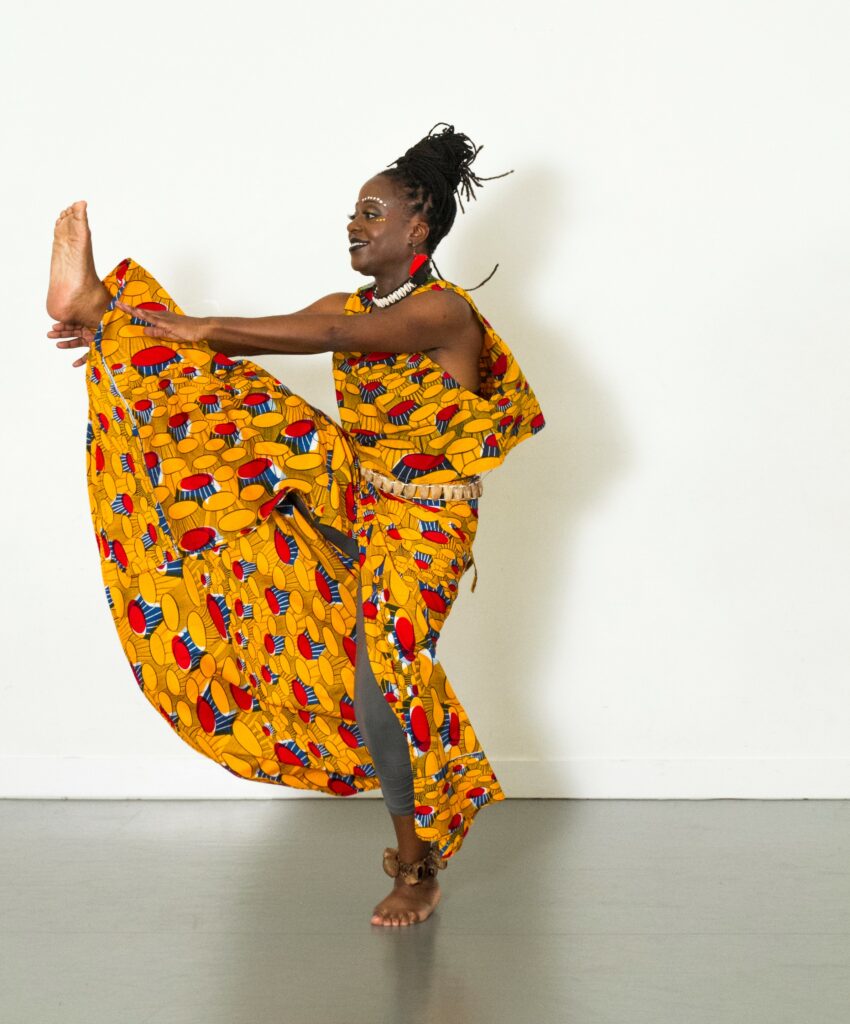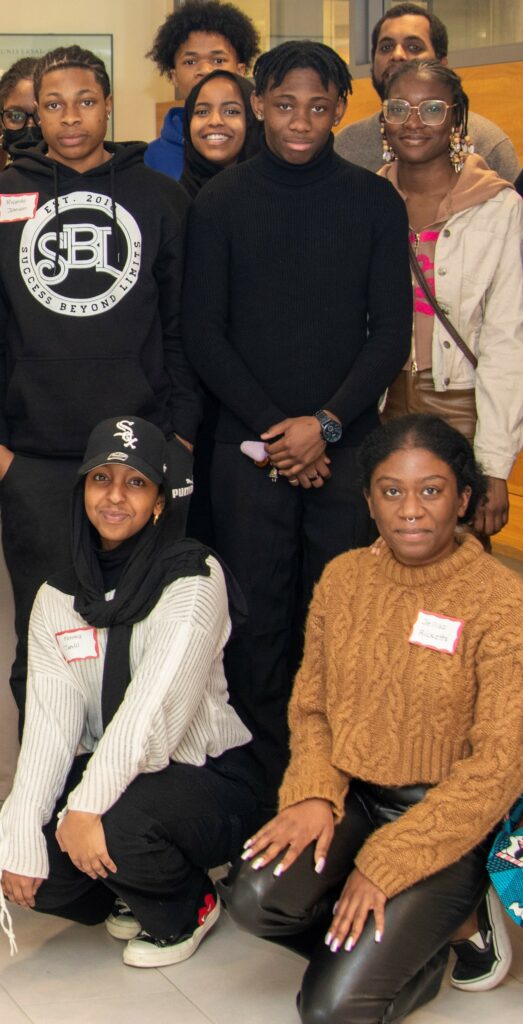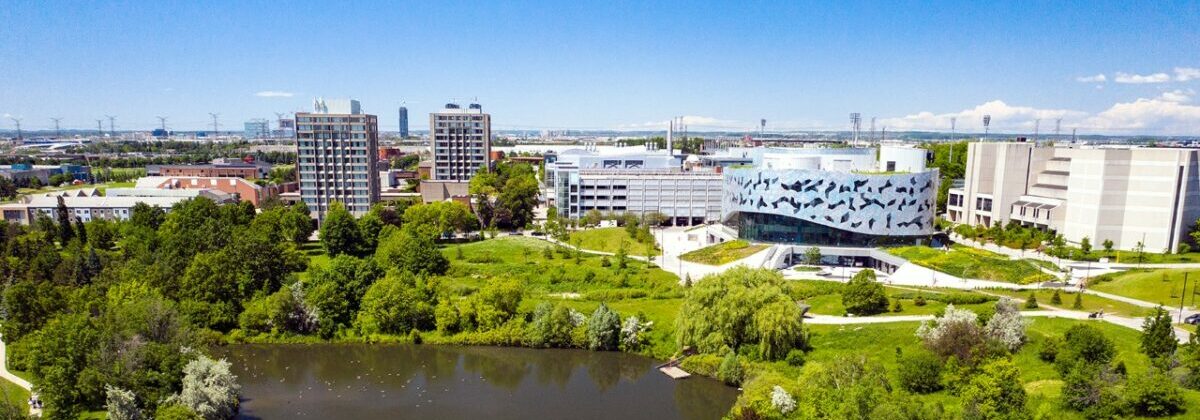By Elaine Smith
York University is known for its vibrant, diverse arts programs and the Arts@Congress Showcase, happening on May 27 at 3 p.m. at the Sandra Faire and Ivan Fecan Theatre in Accolade East, brings to Congress 2023 a sampling of this creativity.
“The arts are one of our strengths at York,” says Joel Ong, director of Sensorium: Centre for Digital Art and Technology and a member of the Congress 2023 scholarly planning committee. “This program will be a celebration of the arts and culture at York and a culmination of the Year of the Arts program that has been ongoing at AMPD. “Congress 2023 Director Liz McMahan, Academic Convenor Andrea Davis and the performance facilities team at AMPD led by Jacquie Lazar and I have been working hard to put forth a rich and diverse program that builds on the variety of such performances we’ve had over the year.”
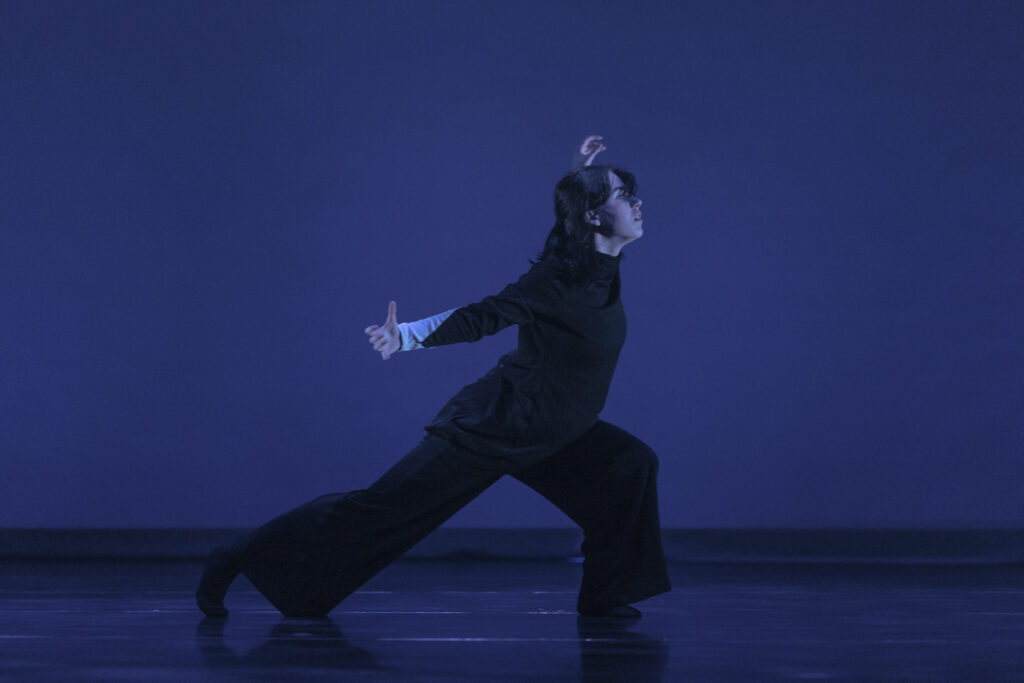
The performances scheduled for the afternoon draw on the conference theme Reckonings and Re-imaginings. The roster includes the Gospel Ensemble directed by music faculty Corey Butler; a video piece, Black Ballerina, by dance Professor Syreeta Hector; and three dance pieces choreographed by York students and external guests led by dance Professors Tracey Norman and Patrick Alcedo at AMPD. In addition, the Showcase will feature students from Downsview Secondary School performing a winning entry from a spoken word competition organized by Davis.
Ancestor 73 is a dance choreographed and performed by alumnus Rayn Cook-Thomas (Gwagwadaxla) from the Kwakwaka’wakw nation in coastal British Columbia. It honours the 73 remaining southern resident orcas living near his home.
Cook-Thomas noted that orcas are important spiritual leaders for him and his nation because they carry ancestral knowledge. His dance piece attempts to show the strength, beauty and spirituality of these mammals as they face the impact humans have had on their ocean home and the detrimental effects colonialism has had for the planet.
AMPD alumna and choreographer Blythe Russell is presenting Respair at the Showcase, an original, contemporary dance duet that she created in a 2022 collaboration with fellow alumni Cook-Thomas and Phoebe Rose Harrington.
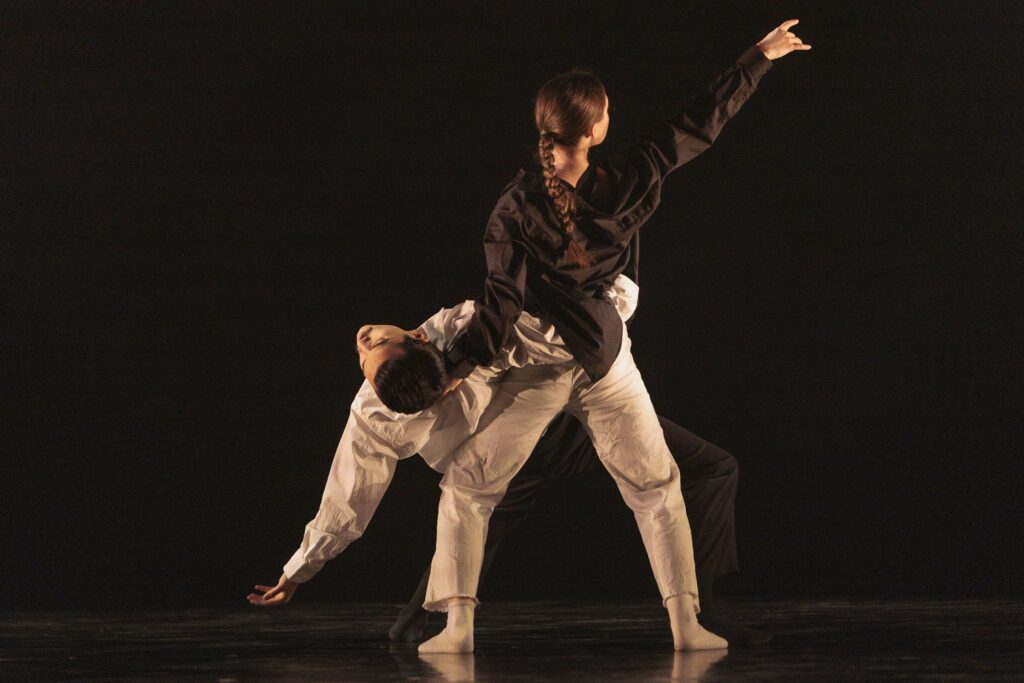
“I’m so excited to be sharing this piece at Congress,” Russell said. “In creating this new piece, we sought to understand what was driving these two bodies to come together. We discovered a human perspective that produced beauty in the form of a more tender, vulnerable magnetism between two people. Respair is about accepting the challenges that make us who we are and bringing them forward with us in a hopeful way.”
Ong says the Showcase is also a reminder that there are many different forms of expression and exploration and that the creative arts play an integral role in work done in the humanities and social sciences.
York University and the Federation for Humanities and Social Sciences will host Congress 2023 from May 27 to June 2. Register here to attend. Community passes are available and term dates have been adjusted to align with timelines for this year’s event.




